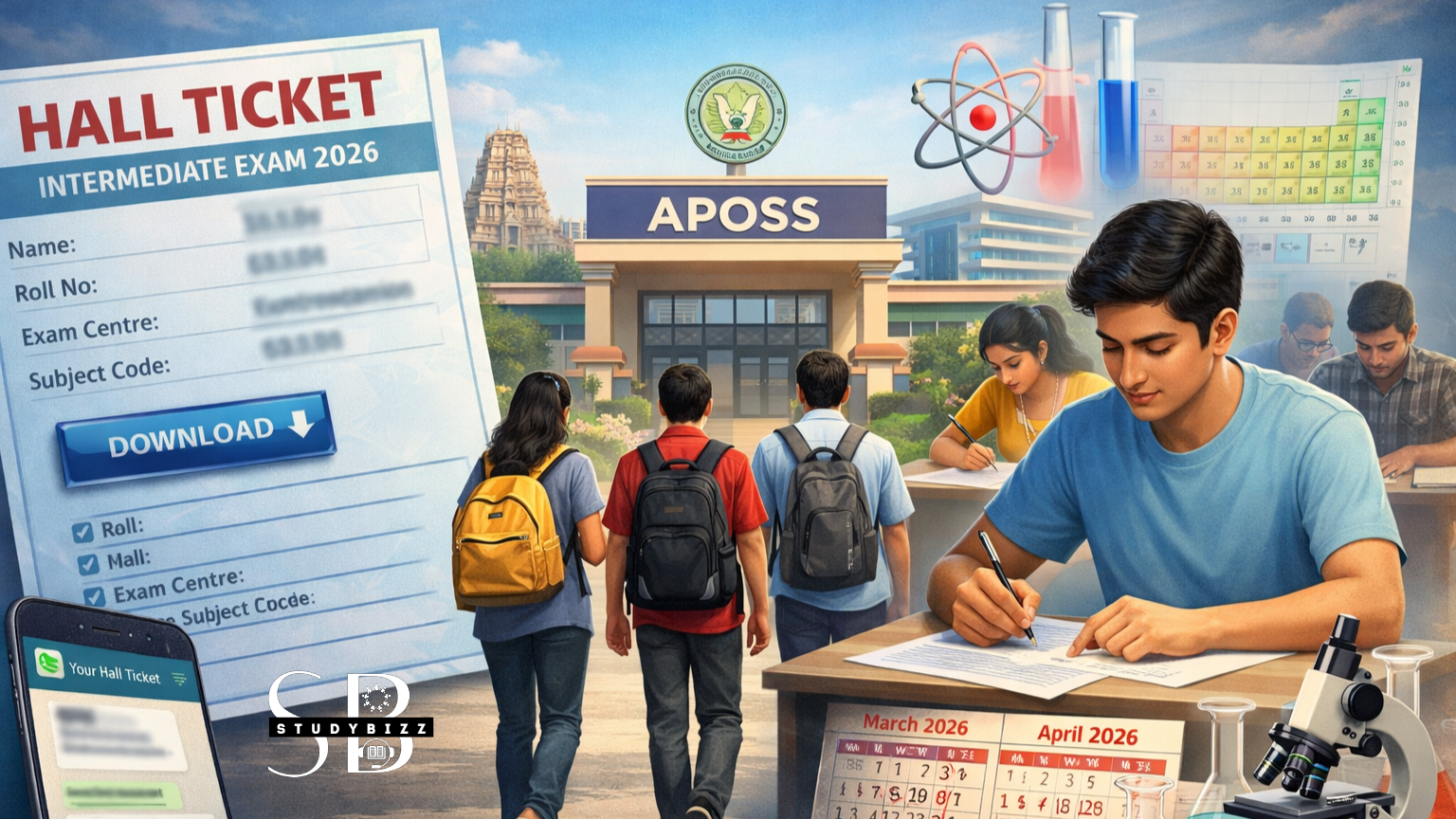The Rowlatt Act was a legislative act passed by the British government in India in 1919 that significantly increased the power of the colonial government to repress political dissent. This act was introduced as an emergency measure during World War I, but its provisions were so sweeping that they continued to be in effect after the war had ended.
The Rowlatt Act allowed the government to detain political activists without trial for an indefinite period of time. It also allowed the government to censor the press and restrict freedom of speech. The act was met with widespread opposition and protest by Indians, who saw it as a blatant violation of their civil liberties.
The Rowlatt Act was introduced in response to the growing political unrest in India, particularly among the nationalist movement, which was demanding greater independence from British rule. The act was seen as an attempt to stifle political opposition and maintain control over the Indian population.
In response to the passage of the Rowlatt Act, Mohandas Gandhi called for a nationwide campaign of non-cooperation and civil disobedience. This movement, known as the Non-Cooperation Movement, was a peaceful protest against the Rowlatt Act and other British policies in India. It was supported by a wide cross-section of Indian society, including students, workers, women, and peasants.
The Non-Cooperation Movement was a major turning point in the struggle for Indian independence. It showed that Indians were willing to peacefully resist British rule and stand up for their rights and freedoms. The movement was particularly effective in drawing attention to the issue of Indian independence and raising awareness of the struggle among the wider population.
Despite the nonviolent nature of the protest, the British government responded with brutal repression. In 1919, a peaceful demonstration in the city of Amritsar was fired upon by British troops, killing hundreds of protesters. This event, known as the Amritsar Massacre, further galvanized the Indian independence movement and increased support for Gandhi’s nonviolent resistance campaign.
The Rowlatt Act was finally repealed in 1922, following widespread protests and international pressure. However, the Indian independence movement continued to grow and evolve, leading to India’s eventual independence from British rule in 1947.
The Rowlatt Act is considered one of the key moments in the Indian independence movement, as it marked a turning point in the struggle for independence. The act was seen as a blatant attack on civil liberties and a reminder of the oppressive nature of British colonial rule in India. Its repeal was a significant victory for the Indian independence movement and a step towards independence for India.
The Rowlatt Act 1919





Leave a Reply